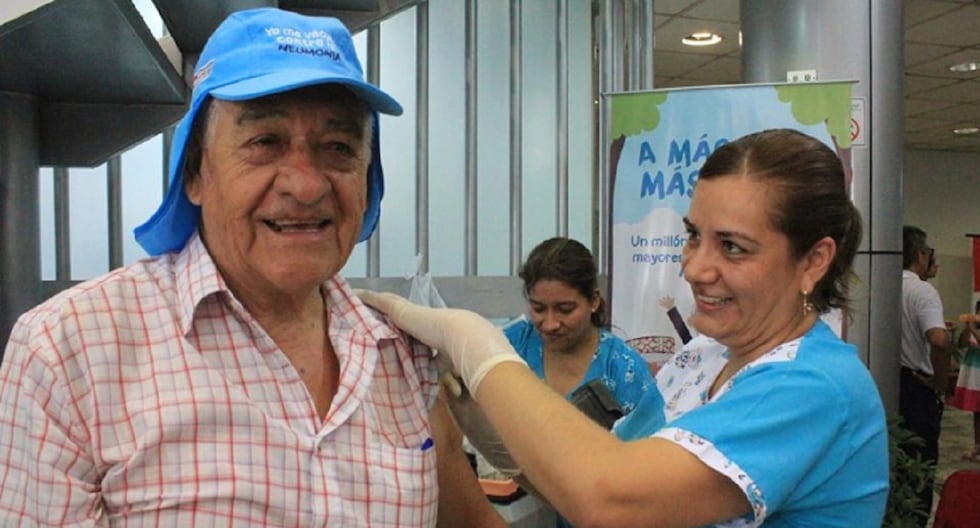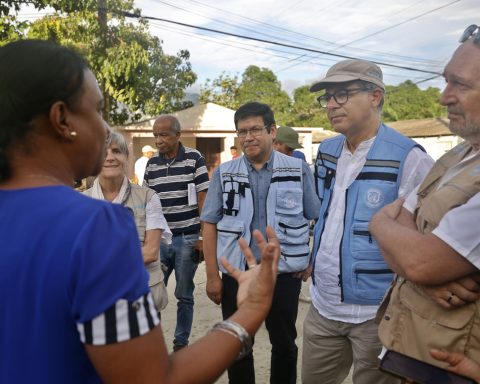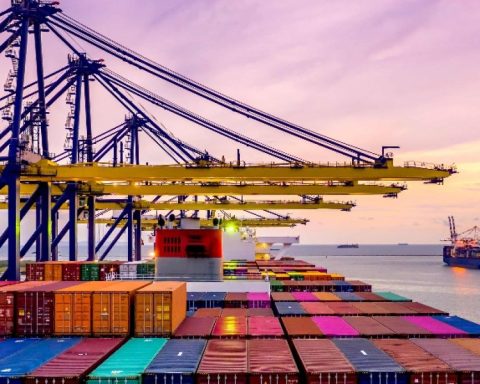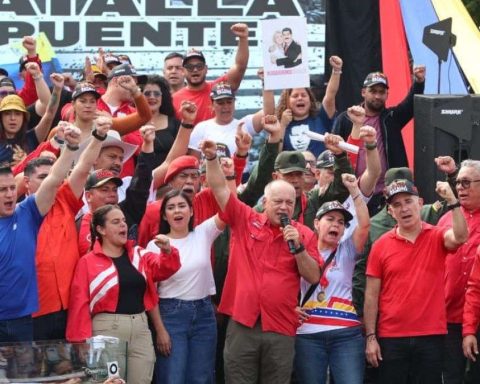TO
the time of Referring to Arnaldo Córdova’s contributions, it is worth emphasizing one point: his was a rigorous and full-time reflection on reformism in Mexico and the role of reforms as a lever and vehicle for the participation of the masses and the left in the transformation of the country. It is precisely the organized participation of workers that is the bridge that allows us to move on to politics and the government of the State.
In Mexico: bourgeois revolution and mass politics
writes Córdova: “the Mexican State shows (…) great capacity to absorb the impact that the entry of the masses into politics produced throughout the continent and, also, to convert mass politics into an instrument for strengthening its own structure and its own influence within society (…) the emergence of the working masses into national politics, through the Revolution of 1910 to 1917, apart from (…) the most complete destruction of the old oligarchic State and its economic system (…) it was the only Latin American country in which (…) the masses became an authentic factor of power, not only as the solvent of the old oligarchic society, but also and above all as the true driving force behind the process of creation and consolidation of the modern political institutions of 20th century Mexico.
“For a long time, it has been considered, inside and outside Mexico, that social reformism was the most important phenomenon of the Revolution, which gave it its true characteristics (…) But there is something that must be pointed out as one of the fundamental historical characteristics of the social reformism of the Mexican Revolution (…): social reforms were raised against the independent movements of the masses, particularly against the peasant armies of Zapata and Villa, in a struggle to win the consensus of the working masses (…) This fact determined (…) the type of State that emerged (…), the principles of the political struggle would become law (…), Mexican social reformism (…) served, as a doctrine and as a political strategy, to build an institutional political regime strong enough to impose its sovereignty on Mexican society as a whole. And in this, the conversion of social reforms into political institutions through the Constitution was decisive.
“The social reformism of the Revolution allowed the revolutionary groups to dominate the whole of Mexican society and was the lever that they used to build a new State. Above all, it provided the State itself with the image, for the consumption of society, of a State that was not beholden to any particular social group (…), the Mexican State has been able to maintain its undisputed power over society (…), its power derives from the control that it has been able to impose on the broadest masses of society. There is no paradox in this (…) The State, in the last instance, is sustained if it has the consensus and support of the population (…) This, in the 20th century, only has one name: mass politics” (Arnaldo Córdova, Mexico: bourgeois revolution and mass politics
, Political Notebooksnumber 13, 1977, pp. 85-101).
It is at this crossroads between revolution, reform, mobilization and social organization of the masses where Arnaldo Córdova displays his depth as a thinker, as well as the most consistent inspiration of his vital commitment as a revolutionary politician. Hence his insistence that the left leave behind its myths and objections regarding reformism and propose to be the vanguard of a transformative reformism fueled by the democratic expansion that, if you will, timidly, began with the electoral reform of 1977.
Hence his relevance as a theorist and his historical relevance as a permanent promoter of a national, yet rational, policy for the formation of an enlightened, responsible left, up to date. Competent in proposing, debating and promoting a series of State policies, capable of deploying priorities and projects towards a new course of development.
Without a doubt, this was – and is – an enormous intellectual and political challenge that demands broad and firm commitments to democracy, legality and equity. Incorporating into political economy the social question that demands a redistributive policy supported by and in the mechanisms of the fiscal State is said quickly, but it is precisely in this meeting that the great challenge has been found, not only current, detected early by Córdova: that the social question ceases to be the property of any party or government and becomes the axis, the vision, that makes a new social pact possible.
















